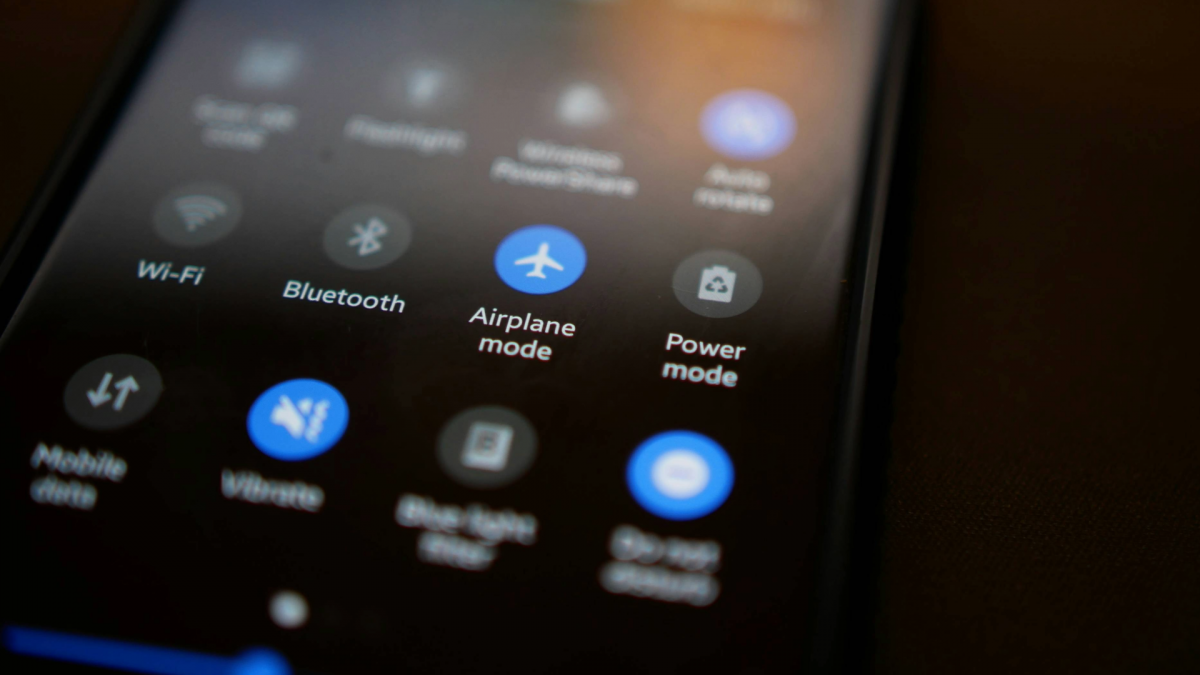No one does it, but turning off your phone’s Wi-Fi when you leave the house is essential: these are the keys to improving your smartphone’s security

JVTech News No one does it, but turning off your phone’s Wi-Fi when you leave the house is essential: these are the keys to improving your smartphone’s security
Many people do not know this, but it is necessary to turn off the Wi-Fi when leaving the house. Here’s how it’s possible to strengthen smartphone security and protect your privacy.
A simple, but forbidden tip
Smartphones have become an extension of our daily lives, we constantly use them for anything and everything. However, while these devices are incredibly convenient, they also pose a risk to our privacy. How many times have you inadvertently used your mobile data at home, thinking you were connected to Wi-Fi?? Automatic connection to wireless networks is often underestimated by users, which can compromise the security of our smartphones without us even realizing it.
The first reaction to the fear of using mobile data instead of Wi-Fi at home is to always turn on the Wi-Fi function. For fear of losing a connection or simply being forgetful, constantly scanning your phone for wireless networks is a dangerous idea.. This is not just a matter of unnecessary battery consumption, as modern smartphones do not use a significant amount of power for this task. The real problem is security.
Constantly searching for or connecting to wireless networks just because they don’t require passwords, or we already have them saved automatically is a questionable practice. While most of the time not a problem, it opens the door to potential security breaches on your device. These risks increase as you connect to more Internet hotspots. By expanding the number of these connections, you unwittingly share your phone’s information with more networks, exposing your location all the time. If you’ve logged into the local coffee shop, the gym, and then the supermarket, it’s possible that others can track your location as you mindlessly wander around.
Turn off Wi-Fi at all costs!
All smartphones offer an option to turn off Wi-Fi by accessing the drop-down menu once your phone is unlocked. However, this is not enough. This not only disables it visually, but also removes all wireless connections you’ve connected in the past, except for the ones you deem essential. The fewer networks you have saved, the less you expose your phone to potential problems.
For Android users, it is crucial to combine the removal of unnecessary networks with an additional step. These systems use both Wi-Fi and Bluetooth for location, and one important feature deserves special attention: even when you manually turn off these services, your phone can still scan for nearby networks or devices. It is imperative to uncheck both options, which you will find in the settings under “Location”.
If you do not have enough data for worry-free usage away from home, it is recommended to check your usage and plan. If you only plan to listen to music on Spotify, do some Google searches, and send messages on WhatsApp, you probably don’t need Wi-Fi. However, if you want to connect to a public network, It is best to install a VPN on your phone. Google thus provides a free VPN in its Pixels.
A VPN, or virtual private network, creates a secure, encrypted connection between your device and the server you connect to. This protects your data from prying eyes, providing an extra layer of security when using public Wi-Fi networks. Additionally, you can configure your phone to enable Wi-Fi only in specific locations, even if that means sharing your location all the time. While this may be a concession to some, in general, operating systems like iOS and Android offer many solutions to address privacy and security issues.‘ However, the default configuration does not always guarantee adequate security in this regard.





